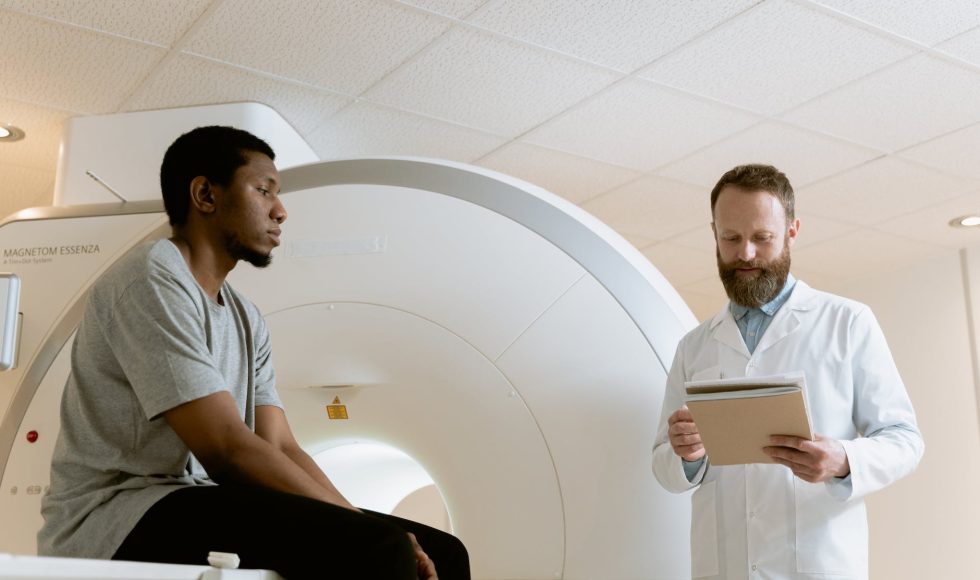Tonight I watched a recent JMBE Live session I missed with Marcos Garcia-Ojeda on Ddecember 2, 2022. They described their adaptations to online lab sessions. The title was “Microbiology Labs with Virtual and Hands-On Parts.” Garcia-Ojeda published this work with colleagues in the JMBE 2022 special issue. Garcia-Ojeda explained that there are several challenges to […]
Suzanne Wakim presented a session entitled “Adaptable Assessment Design” at the Alternative Assessment Institute 2022. Wakim is a biology and honors faculty at Butte Community College in California. Wakim also trains faculty in online course design. They spoke about disasters and the need to shift to online education. Wakim noticed that courses with adaptable assessments […]
“Engaging Students as Partners in Assessment” was the title of the session Madison Taber presented at the Alternative Assessment Institute 2022. Taber is a Director of Assessment at the Our Lade of the Lake University in Texas. Taber is also a Ph.D. student interested in identity and equity in education. Taber self described as a […]
“Student Empowerment through Demystifying Assessment” was the title of the Virtual Institute of Alternative Assessment 2022 session I watched tonight. John Andelfinger was the presenter. Andelfinger is an English instructor at SUNY Orange and wanted to share how teaching with the terms summative and formative can be powerful. Since 2012, Andelfinger has taught first-year composition; […]
I continue to watch the Alternative Assessment Institute 2022 recordings. Tonight I watched Eileen Giles and Lisa Cunningham present “Simulated Clinical Competency Testing and Mock Interviews.” They presented together on their alternative assessments within the bachelor of radiation therapy: a four-year undergraduate program. The fourth year has clinical placements and several clinical blocks. Since 2019, […]
Ian Turner from the University of Derby in the UK spoke at the Alternative Assessment Institute 2022 on an assessment game they developed. The University of Derby went through what seems to be a major change in their view of assessments a couple of years ago. Turner shared a quote from Brown et al 1997 […]
Linda Facchini from The Teaching and Learning Centre at Seneca College presented at the Virtual Institute on Alternative Assessment in Higher Education on November 23, 2022. Seneca is in Toronto, Canada. The title of the session was “Road to Authenticity.” Seneca has multiple campuses with diverse programs. They offer diplomas, certificates, bachelors degrees… in-person, hybrid, […]
Nadine Aboulmagd and Samah Adel presented “Alternative Assessments to Enhance Students’ Digital Literacies.” They both are instructional designers at the American University in Cairo, Egypt. They talked about the digital literacies toolkit. They asked the audience to share in the chat their familiarity with digital literacies. The majority “heard but don’t understand.” They then asked […]
Yasser Atef presented at the Alternative Assessment Institute 2022 on the experience of a visually impaired student. Atef is at the American University in Cairo, Egypt. Atef shared their experience and spoke about self-reflection, self-assessment forms, and digital narratives. Atef explained how they navigate assessments and use self-assessment forms to enhance their learning. They spoke […]
As part of the Alternative Assessment Institute 2022, Andrew G. D. Holmes and Dom Henri from the University of Hull, UK spoke about “Assessment Literacies/University Literacies.” This twenty-five-minute session started with the presenters describing the challenges of reducing the “hidden curriculum:” “tacit and unwritten ‘taken-for-granted’ aspects of the curriculum that some students know and some […]











